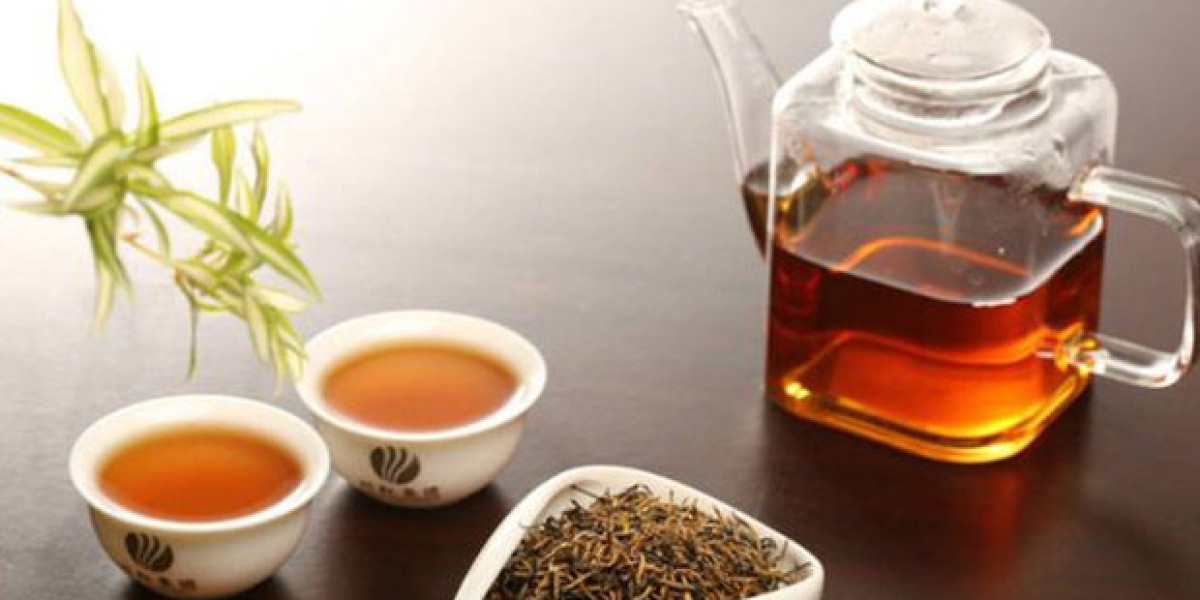Roasting is more than a processing step in oolong tea—it’s a philosophy. In Taiwan and Fujian, tea masters use fire to sculpt flavor, but their methods and goals differ radically.
In Taiwan’s high-altitude farms, tea leaves are exposed to cool air and strong UV, creating leaves rich in natural oils. As a result, roasting is minimal, focusing on preserving clarity and fragrance. A typical high mountain oolong might undergo just 2–4 hours of baking at low heat (80–100°C), emphasizing notes of orchid, cream, and fresh grass.
On the other hand, Fujian’s Wuyi teas are grown on rocky cliffs where minerals infuse the soil. To match this robust terroir, roasting is intense and layered—sometimes done in multiple sessions using charcoal fire. These sessions develop notes of roasted nuts, spice, and stone fruit, culminating in the signature Yan Yun aftertaste.
In essence, Taiwan’s technique aims to refine, while Fujian’s seeks to transform. Both result in extraordinary oolongs—but which you prefer depends on your palate. Do you favor delicate and ethereal, or deep and grounded?







